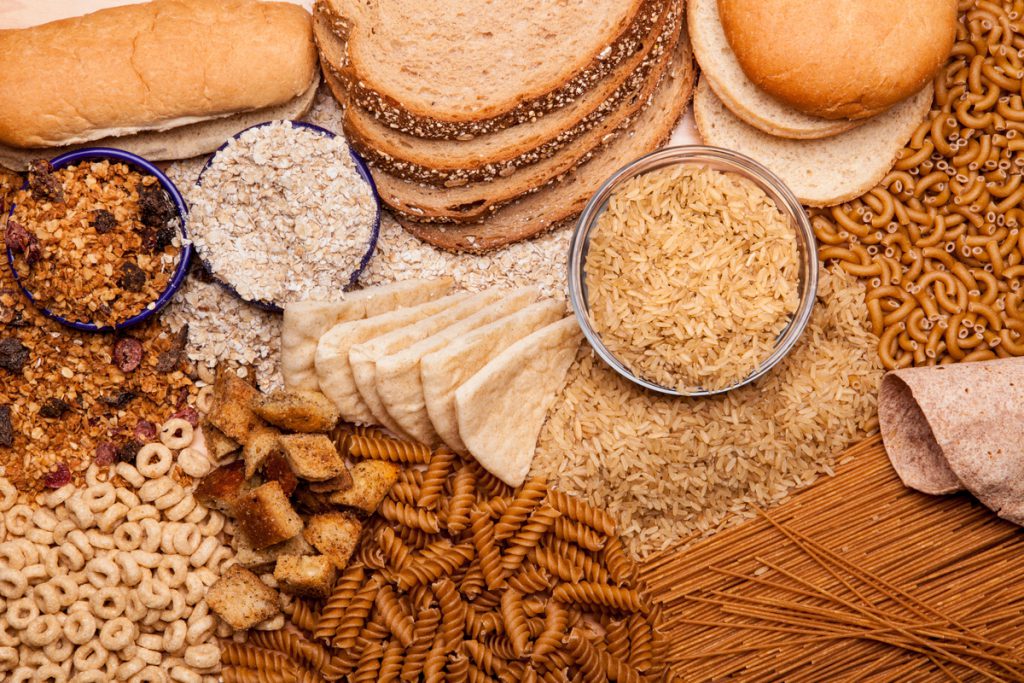
Tuesday’s operation showed recoveries for opportunity purchases, with the volatility that remains the main protagonist of the markets.
Grain prices rebounded this Tuesday, which folded to the recovery trend started by wheat, on Monday. The sharp fall of grain prices deepened the weakness of the market in General. The opportunity seeker operators took advantage of the unusually low prices. And also bought the overselling contracts as much as they could.
This Tuesday, the USDA brought internal and global supply and demand report. Compared to the February report, it didn’t contain any surprising data. It represented minimal variations in the calculations of the US agricultural authority.
Corn rose above 1%, soybeans closed with advances, due to a combination of individual purchases and sales coverage previously made. The data released by the USDA was stable in most cases. Except for the harvest in Argentina and Brazil, which increased by 1 million tons to 54 and 126 million tons, respectively.
Wheat prices were slightly firmer compared to Monday. Russian production of wheat estimated stable, while for Australia, it continues correcting downwards.
Oil prices are affecting the grain market
According to the Confederation of Agricultural Associations, the international economic outlook and its impact on the grain market could have serious consequences, since, despite the rise in the dollar, grains have plummeted in their global prices.
The international crisis that broke out since last weekend has generated a series of factors that are detrimental to grain producers, especially corn and sorghum. In the grain market, corn resumes its negative trend that it has maintained for the past two months.
Using significant amounts of corn in the production of ethanol makes the price of grain dependent on the price of oil.
The 14 members of the OPEC and some observers such as Russia couldn’t agree on reducing oil supply. In the face of a world scenario of economic slowdown and oil oversupply, due to the Coronavirus, Saudi Arabia, the leading oil exporter, which controls 20% of the world market, has started a price war. It became a reason for the collapse of international prices.
Reduction in demand for “energy crops” – sugar cane, soy, and corn from producers of ethanol and biodiesel against the backdrop of falling oil prices. Additionally, the refining margins will increase the supply of these goods for food consumers. However, the reduction of tourist flows and mass actions caused by the epidemic will reduce the consumption of foods. Thus leading to an excess of food.



